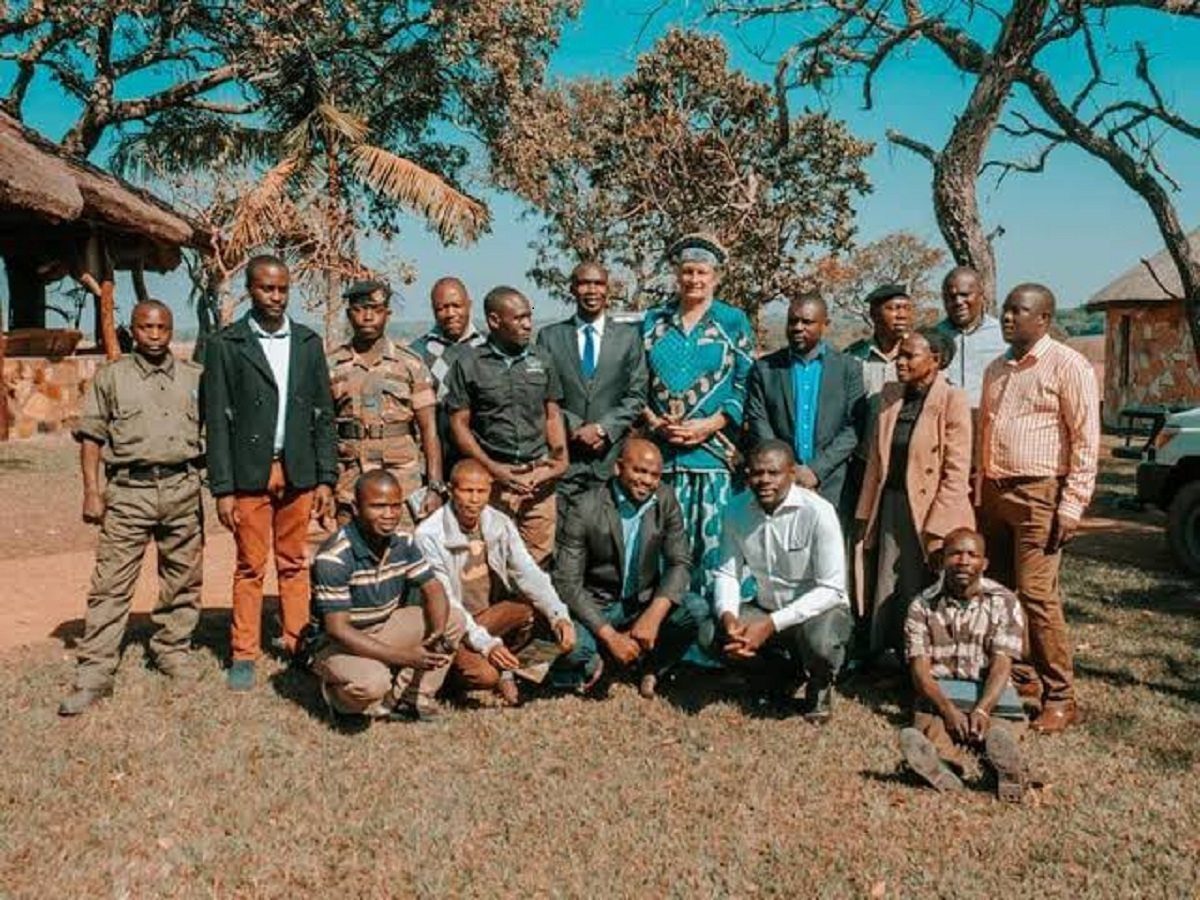Singer Rihanna is in the news again following her grand arrival at the annual Crop Over Festival in her home country of Barbados. The 36-year-old was seen in a custom bedazzled costume at the festival’s Grand Kadooment parade held in St. Michael on Monday.
Rihanna tries never to miss this event in her home country. Before Monday’s entrance, the last time she was seen at the festival was in 2019 before the COVID-19 pandemic. Every year she has attended in the past, she features in more colorful costumes than her last. In 2017, she showed out in blue hair and a peacock-inspired outfit that turned heads.
The Grand Kadooment parade, according to the official Barbados Tourist Board, “celebrates the end of Crop Over, where Masquerade Bands make their way to the Mighty Grynner Highway with revelers dressed in sequin costumes decorated with colorful feathers, jewels and bright accents; dancing behind music trucks and moving bars.”
But what really is the Crop Over Festival? Here are some interesting facts about the famous event:
1. It began in 1687 and was formerly known as Harvest Home because it was partly inspired by the English festival Harvest Home. Crop Over or “Crawpova” as the locals call it, is a celebration of the end of the sugar plantation slavery in Barbados. It is also a derivative of the harvest festivals in Africa such as the yam festival celebrated in Nigeria and Ghana and carried on by the slaves in those areas.
2. Crop Over celebrations involved decorating clothes, plantations and the harvest with brightly colored flowers and fabric. That could explain why the present-day Kadooment Parades come with very colorful costumes.
3. Singing and dancing were a major part of the celebrations. A woman dressed in all white, with colorful flowers in her headwrap (as seen in the headpieces today) led the parade. Cane workers carrying the last batch of crops followed her, with the final cart carrying ‘Mr. Harding’.
4. According to savannahbarbados.com, Mr. Harding “was a 20-foot effigy made of a pants, coat and top hat stuffed with cane trash which symbolized the ‘Hard Times’ to come between the sugar crop seasons.” Mr Harding is burnt at the end of the festivities, with locals hoping that the ‘Hard Times’ would not be so serious.
5. The festival was disbanded in the 1940s following a decline in the sugar industry but it was revived in 1974 by the Barbados Tourism Authority and other elements of Barbadian culture were added to it to attract tourists from all over the world.
6. In 1983, the National Cultural Foundation took over the festival and made it what it is seen today.
7. One of the most popular festivals in the whole of the Caribbean, the Crop Over Festival climaxes with the costume parade. Attended by people from all over the world, the festival has gained grounds as the place to be in June, thanks to stars like Rihanna.
8. Activities such as fairs, food exhibitions, craft sales, beauty pageants and barge shows are usually held from June through July, and the event peaks during the Kadooment parade or Cohobblopot carnival show in August.
9. Barbados is clad in colorful decorations and the natives parade the streets, dancing to their favorite calypso tunes and following the Kadooment live band parade.
10. The festival is now more of a costume show but continues to boost the economy of Barbados, generating millions of dollars in revenue.










